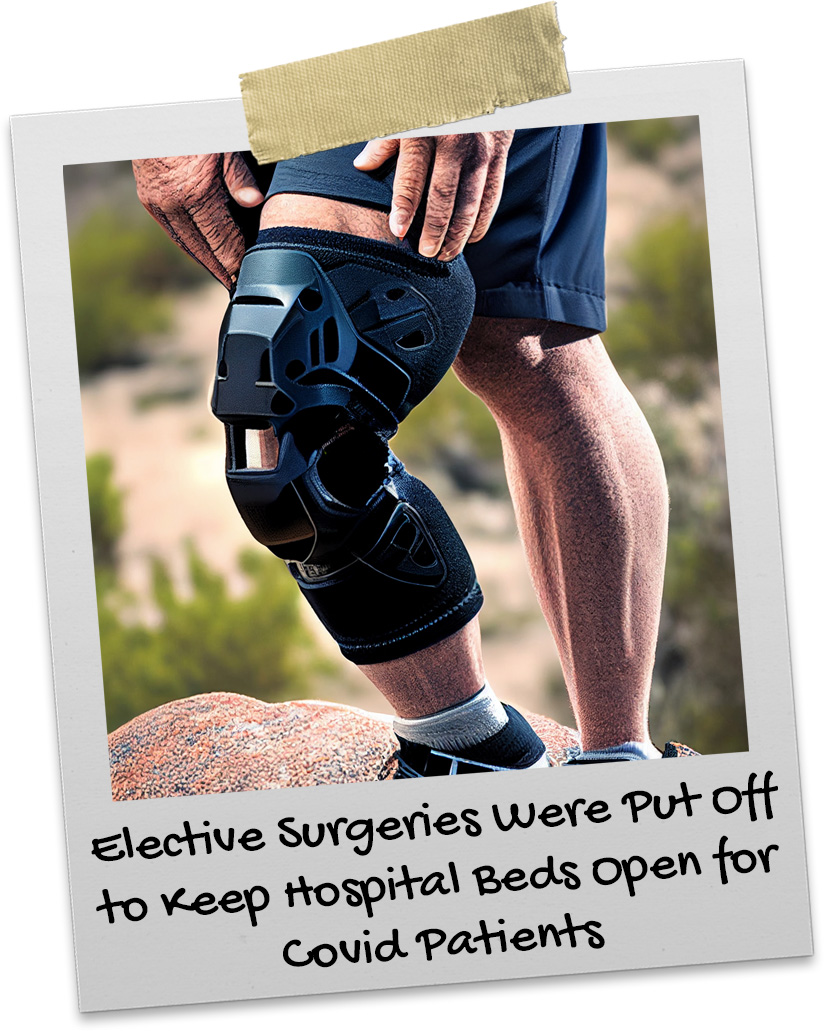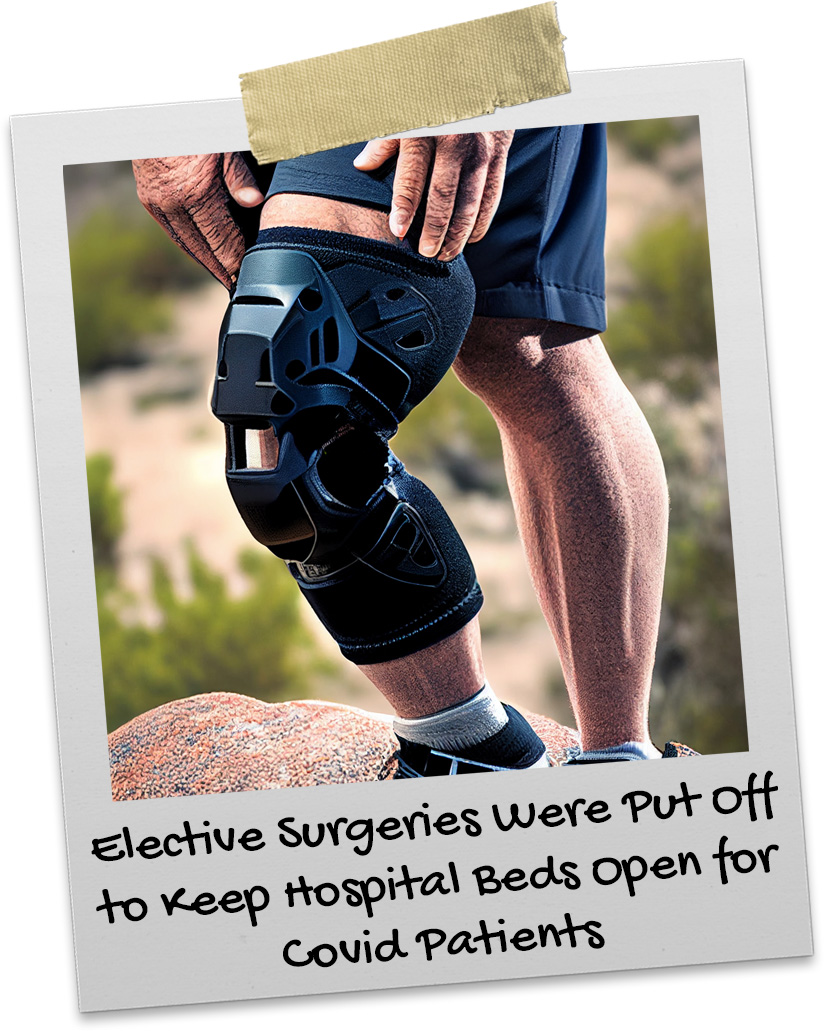Elective Surgeries Were Put Off to Keep Hospital Beds Open


The pandemic had a profound impact on the medical industry. It affected not only patients who had COVID-19, but anybody else who was relying on the hospital for their medical needs.
During the COVID-19 pandemic, many elective surgeries of all kinds were put on hold to preserve hospital resources, protect health care workers and patients, and reduce the risk of further spread of the virus. This was a common decision made by many health systems and governments across the country.
This decision was made in response to the surge of COVID-19 patients requiring hospitalization and the need to reserve hospital beds, personal protective equipment (PPE), and medical staff for the treatment of COVID-19 patients. The suspension of elective surgeries was also intended to reduce the exposure of patients to crowded hospital environments.
As a result, many patients who were scheduled for elective surgeries such as knee or hip replacements, cataract removal, hernia repairs, and cosmetic procedures were asked to delay their surgeries until further notice. This was a difficult decision for many patients, as it caused delays in necessary medical treatments, and it caused significant disruptions to the usual care.
While delaying non-essential or elective procedures was useful in maintaining crucial healthcare resources during the COVID-19 response, the healthy officials acknowledged that prolonged postponements of certain medical care could pose significant risks to patients. These procedures were often necessary to manage chronic pain and illnesses, or to prevent, cure, or slow down disease progression. It was a difficult balancing act between prioritizing COVID-19 response and preparedness, and making sure the rest of the population was receiving timely and adequate health care.
While nobody was happy while they were in pain, the last thing anybody wanted was going into the hospital for elbow surgery and coming out of it with a positive case of COVID-19. Once the policies were lifted and surgeries were resumed, there was a massive backlog, putting an even heavier burden on hospital staffs as they caught up with the surge of demand.



